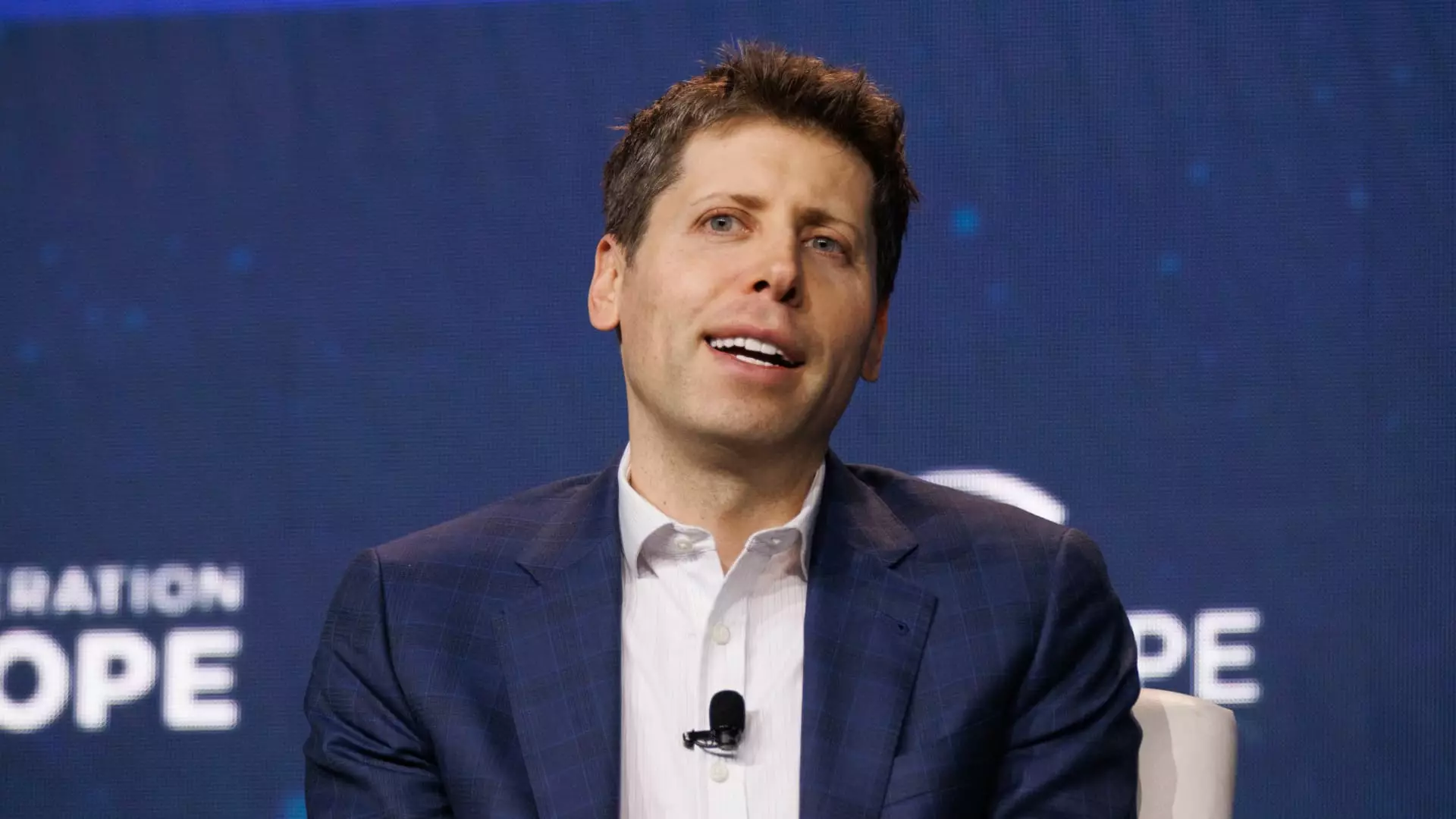OpenAI recently introduced a new AI model, GPT-4o, alongside a desktop version of ChatGPT. This update not only includes enhanced features but also aims to make the chatbot more accessible to users. According to OpenAI’s technology chief, Mira Murati, GPT-4o is significantly faster and boasts improved capabilities in handling text, video, and audio interactions. The company has expressed its intentions to allow users to engage in video chats with ChatGPT in the future, marking a significant advancement in user experience and ease of use.
Expanding Language Support and API Integration
One of the notable aspects of the new GPT-4o model is its support for 50 different languages, making it a versatile tool for users worldwide. Additionally, OpenAI has made the model available through its API, enabling developers to integrate it into various applications starting today. With improved speed, quality, and language support, GPT-4o is positioned to cater to a diverse range of users and use cases.
During the launch event, OpenAI team members showcased the new model’s audio capabilities, demonstrating its ability to perceive emotions and interact with users in a more human-like manner. The model can analyze facial expressions, offer calming responses, and adapt its tone based on the user’s preferences. OpenAI also plans to introduce Voice Mode in the coming weeks, providing early access to paid subscribers for further experimentation and feedback.
Versatility in Translation, Storytelling, and Coding
In addition to its audio capabilities, GPT-4o serves as a translator, enabling seamless communication between users speaking different languages. The model can also assist in solving math problems, writing code, and even storytelling. OpenAI showcased scenarios where the model changed its voice tone, sang stories, and translated conversations in real-time, emphasizing its versatility and adaptability across various tasks.
The launch of GPT-4o marks a significant milestone for OpenAI in the generative AI market, where companies are increasingly leveraging AI-powered chatbots and agents to enhance user experiences. With competitors like Microsoft and Google also investing in AI technologies, the race to deliver innovative solutions is intensifying. The industry’s rapid growth, coupled with concerns about bias and ethical implications, highlights the need for responsible development and deployment of AI solutions.
Future Rollout and Accessibility
OpenAI plans to roll out the new model gradually, starting with customers of ChatGPT Plus and Team, followed by Enterprise users. Free users will also have access to GPT-4o, albeit with usage limits. The company aims to make the technology more accessible to a broader audience while ensuring that paid subscribers receive additional benefits and capacities. OpenAI’s commitment to democratizing AI and enhancing user experiences is evident in its strategic rollout plan.
OpenAI’s launch of the GPT-4o model and desktop ChatGPT version represents a significant advancement in AI technology, with enhanced capabilities and features that cater to a diverse range of users. The integration of voice mode, translation support, and storytelling capabilities showcases the versatility and adaptability of the new model. As the generative AI market continues to grow, OpenAI’s commitment to innovation and user accessibility positions it as a key player in shaping the future of AI-driven interactions.


Leave a Reply